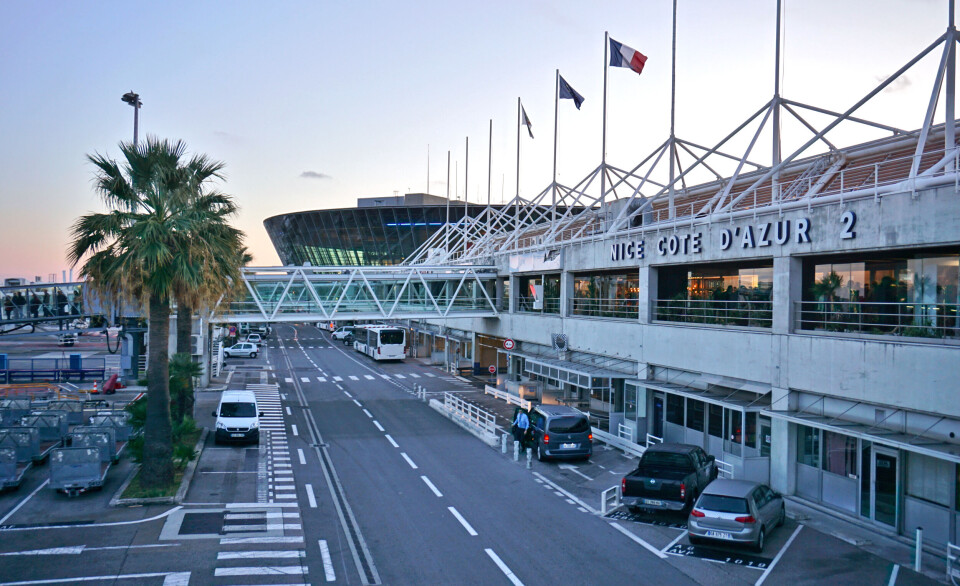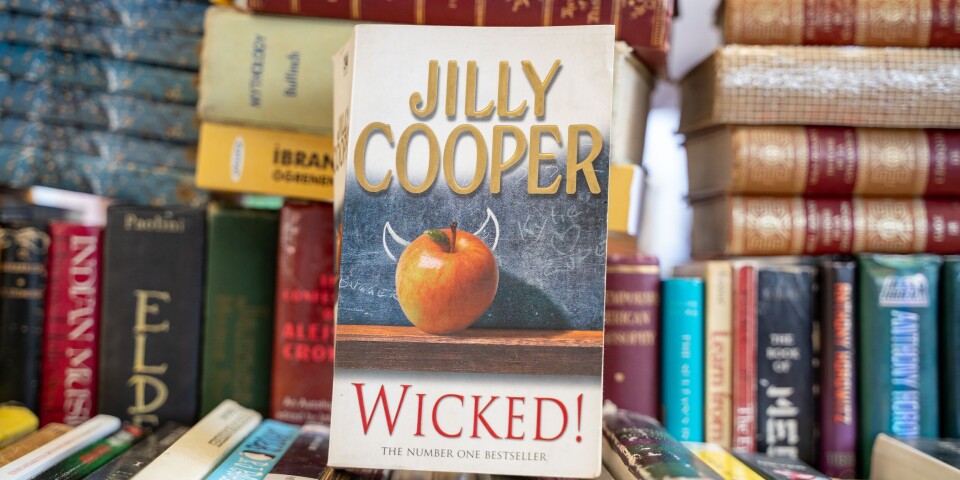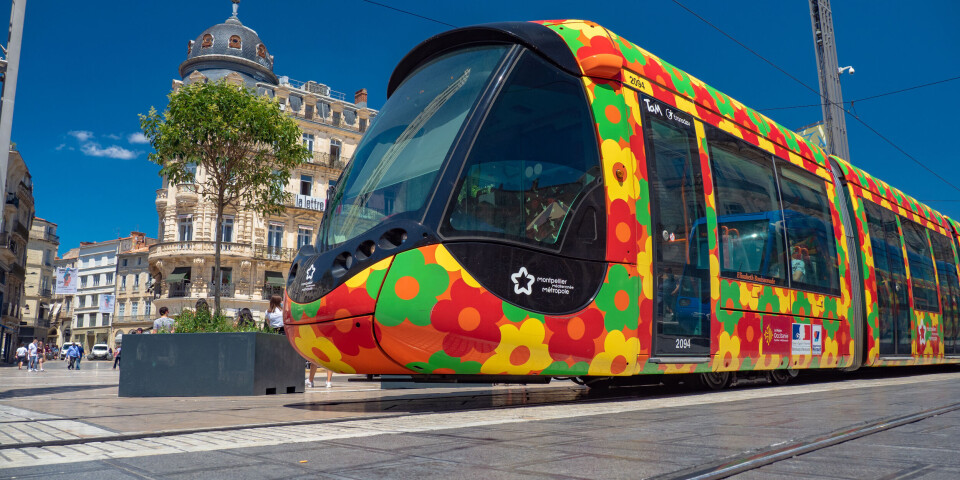-
My daughter and thousands of students in France left in limbo by delayed grants
A Connexion reader got in touch to tell us about the trouble his daughter had receiving her university grant (bourse)
-
Explained: How to go to a French university as an overseas student
Final submission deadlines are in December-January to start in the following autumn
-
Budget could cut tax reduction for parents of secondary school children in France
Proponents propose a current tax break should instead be channelled into grants
Bilingual classes give children an advantage
BILINGUAL children already possess above average language skills and you can capitalise on this with a number of options in the education system.

These are Sections internationales, Sections européennes and Classes bi-langues, although the latter two options are set to change in this autumn’s collège reforms.
International Sections exist at all levels of education and in 16 different languages and welcome a proportion of native speakers in their classes.
For English there is a further choice between American and British sections. There are around 90 British schools, collèges and lycées and 40 American. Most British sections are in public schools, so free; while many US sections are fee paying.
They are usually in cities with a high international population such as Grenoble and Paris, but are spread throughout the country.
In primary school, three hours a week are taught in the foreign language. In collège and lycée there are four extra hours of language lessons, which focus on literature, and two hours of history-geography taught in the foreign language. The difference between American and British sections is that the history-geography and literature classes relate specifically to either the US or the UK.
There are extra exams in the baccalaureate and students come out with an OIB, Option Internationale du Baccalauréat, which is not the same as the International Baccalauréat, which is the bac taught in private schools outside France.
The idea is to have both French and foreign students in the same class to help pupils from abroad integrate in French schools and to help deepen French pupils’ skills in a foreign language as well as to increase understanding between cultures.
John Raskauskas is head of the American Section at the non-fee Lycée François Magendie in Bordeaux and says classes are a pleasure to teach.
“You have bright, eager students who are keen to participate. For the pupil it gives them a real advantage in the future, particularly when they want to study abroad. We have increasingly firm links with the College Board in America, who understand the value of an International Section.
“This year, out of a class of 35, 18 students will study abroad.
“It gives them a global citizen outlook and opens doors.”
However, there is fierce competition for places. Just because you are bilingual does not mean you will be accepted: “The mix between French and foreign students changes every year. Last year there were just eight native English speakers while this year they make up 40% of the class.
“The student has to be very good academically as the demands are very high and needs at least an average of 14 in their collège school report.
“In our lycée, candidates have to sit a written English language test. If we find them apt we will go through the school reports and make our choice.
“We can only take one in eight of those who apply, which can be heart- breaking as there are more suitable pupils than places in the classroom.”
Mr Raskauskas says more Sections internationales will open in the future: “Five years ago the government promised that eventually there would be a section in each department. That hasn’t happened yet but every year a few more open.”
There is a list of the international sections with details in English on the government EduScol website: www.tinyurl.com/gsledp8
Classes bi-langues allow children to start two foreign languages in the first year of collège rather than just one.
Up to now most pupils outside such classes have studied their first foreign language, generally English, in sixième and add a second two years later in quatrième. From next year lessons in LV2 will start in cinquième.
It was thought this would mean Classes bi-langues would end but Education Minister Najat Vallaud-Belkacem has recently confirmed the option will continue.
However, it will be up to the rector of the regional education authority (académie) to decide and is only for pupils who have studied a language other than English at primary, eg German, so they will start English in sixième and continue German.
Ms Vallaud-Belkacem feels strongly other classes bi-langues are unfair because they give an advantage to a privileged few.
There are not many primary schools which do not teach English, but the number is growing and France is keen to favour German.
In all, 5,500 primaries are expected to offer a language other than English in 2016, 1,200 more than before.
The minister also thinks European sections favour too few pupils and so these will no longer exist in collège from September 2016. Instead, there will be more hours of language classes for all students.
Greek and Latin classes will remain as an option for those who choose them from cinquième.
European Sections will continue to exist in lycées. There are at least two extra hours a week in a foreign language and part of another subject is taught in that language, which is often history or maths.
As well as English, Sections européennes exist in German, Spanish, Italian, Dutch, Portuguese and Russian and there are sections in Arabic, Chinese and Japanese.
Places are limited so it can be difficult to get in and they are aimed at French students rather than expats.
























